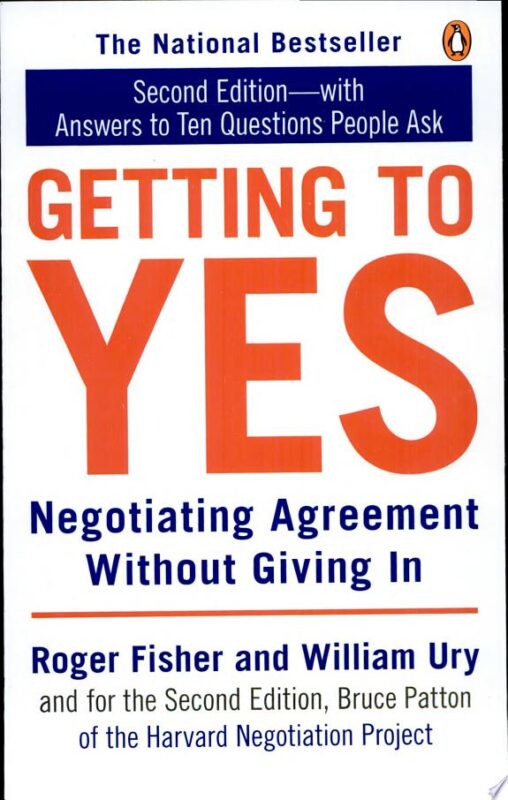Do things like this happen in lots of states?
A district judge has agreed to resign and never again be a judge, try to be a judge, or try to obtain any other public office based on the following charges, or–at least some of them:
- emailing his wife, also a court employee,
- on public equipment and email “channels,” in violation of Internet use policy
- erotic statements, including possible acts at the court house
- during working hours trials or hearings
- disparaging remarks about other judges
- ethnic slurs regarding some litigants
- vulgar statements about some litigants
- remarks containing prejudicial remarks about some court employees
- and/or jurors
- some litigants are acting crazy
- referring a person seeking a name change as “weird”
- judicial remarks about pending cases
- permitting and encouraging his wife to shop (e.g., on line) during working hours
- discussing paying bills
- remarks about her committing violent acts against her supervisors and/or others
The judge was 58 years old, and he had served since 1992; that is, 20-21 years.
In a class I used to teach on legal ethics, most “analogues” of these topics listed here were discussed not pertaining to judges, but to lawyers who are not judges, and they go to no one but to spouse. (There was also discussion regarding “significant others” and “partners.” Gay marriage was not yet an issue.) There was also discussion of attorneys employed by some government or othr (state, local, etc.). Mostly we stuck to private lawyers, though it was not restricted to litigators. When it was litigators we restricted to courtroom activities. We did not consider spouses working at the courthouse, unless the sitting judge was the spouse. Of course, the far majority of spouses, do not engage in anything of this sort. All of the following involve emailing:
- erotic remarks during court proceedings involving the lawyer
- remarks about having sex at the court house (either the two of them, others, or by ones self)
- criticism of the sitting judge based upon aesthetics, whether boring, whether competent, and so forth
- discussion of other litigants in terms of personal characteristics, ethnics slurs, intelligence slurs, speech slurs, etc.
- ugly remarks about jurors.
An unrelated, sort of, problem which seemed to me to be a much larger problem, was communicating with a spouse about a client related, e.g., involving confidentiality, matter governed by disciplinary or ethical rules. Of course, aesthetic and imagined remarks are not obviously governed by these rules, with significant exceptions, e.g., Lawyer and Spouse are getting a divorce and S is looking for leverage against L.
There is a practical problem here. What would a workaholic lawyer have to talk about besides work-related matters, either actual, really legal matters or potential scandals, etc., from the office?


![More on “Suez v. ‘Evergreen’/’Ever Given'[*] & Owner”](https://www.michaelseanquinn.com/wp-content/uploads/2021/06/Ever_Given_container_ship-1024x681-1-440x264.jpg)





Recent Comments